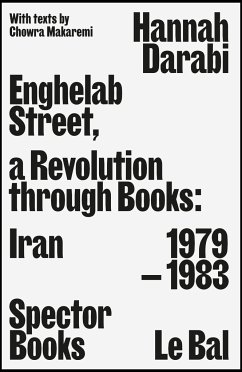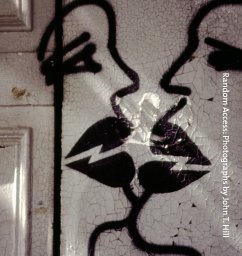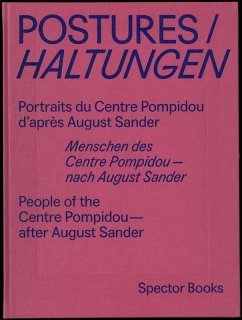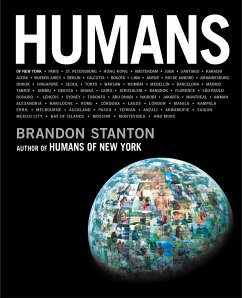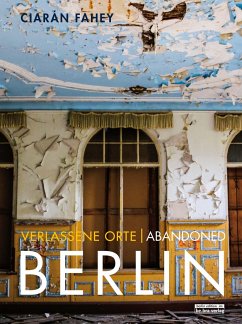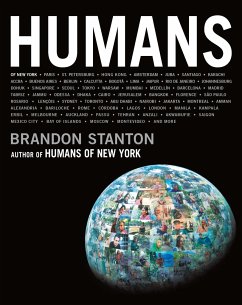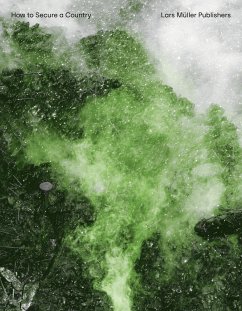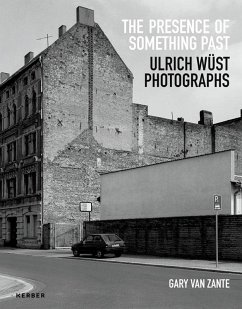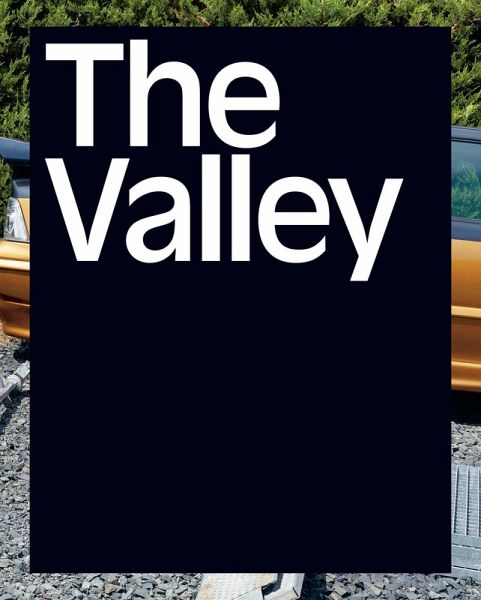
The Valley. An Archaelogy in Photographs
Versandkostenfrei!
Sofort lieferbar
42,00 €
inkl. MwSt.

PAYBACK Punkte
0 °P sammeln!
Der französische Rust Belt, die Region von Firminy über Saint-Etienne bis Lyon, galt lange Zeit als prosperierende Region. In den Tälern zwischen Loire und Rhône nahm die industrielle Revolution in Frankreich ihren Anfang. Die Spuren der damit verbundenen Verformung und Ausbeutung der Landschaft sind bis heute sichtbar. Seit mehr als 40 Jahren leidet die Region wie wie andere ehemalige Industriestandorte unter Arbeitslosigkeit und Abwanderung. Betrachtet man die fotografische Langzeitstudie von Nicolas Giraud und Bertrand Stofleth, begreift man: Diese Realität gibt es überall, wo der Neo...
Der französische Rust Belt, die Region von Firminy über Saint-Etienne bis Lyon, galt lange Zeit als prosperierende Region. In den Tälern zwischen Loire und Rhône nahm die industrielle Revolution in Frankreich ihren Anfang. Die Spuren der damit verbundenen Verformung und Ausbeutung der Landschaft sind bis heute sichtbar. Seit mehr als 40 Jahren leidet die Region wie wie andere ehemalige Industriestandorte unter Arbeitslosigkeit und Abwanderung. Betrachtet man die fotografische Langzeitstudie von Nicolas Giraud und Bertrand Stofleth, begreift man: Diese Realität gibt es überall, wo der Neoliberalismus seine Schneisen geschlagen hat. Landschaften nach Rückzug der Industrie sehen sich recht ähnlich. Zwischen Saint-Etienne und dem thüringischen Suhl zum Beispiel sind die visuellen Unterschiede nicht so groß. In La Vallée treten die entstandenen Fotografien in einen Dialog mit Texten von Autoren unterschiedlicher Disziplinen.Nicolas Giraud lebt und arbeitet in Paris. Seit 2014 unterrichtet er an der l'École Nationale Supérieure de la Photographie in Arles.Bertrand Stofleth lebt und arbeitet als freischaffender Fotograf in Lyon.The French rust belt, the area that runs from Firminy through Saint-Etienne all the way to Lyon, was regarded for a long time as a thriving region. The industrial revolution in France began in the valleys between the Loire and Rhône rivers. This led to a process of exploitation and deformation of the landscape, signs of which are still visible today. For more than forty years, the region, like other former industrial sites, has suffered from unemployment and a population exodus. Looking at the long-term photographic study by Nicolas Giraud and Bertrand Stofleth, it is evident that this is now the reality wherever neoliberalism has cut its swathe through industrial communities. Once industry has retreated, the landscapes that are left behind all look fairly similar. In visual terms, there is no great difference between Saint-Etienne and Suhl in Thuringia, for example. In La Vallée, Giraud and Stofleth's photographs enter into a dialogue with texts by authors from a variety of disciplines. Nicolas Giraud lives and works in Paris. He has been teaching at the École Nationale Supérieure de la Photographie in Arles since 2014.Bertrand Stofleth lives and works as a freelance photographer in Lyon.



